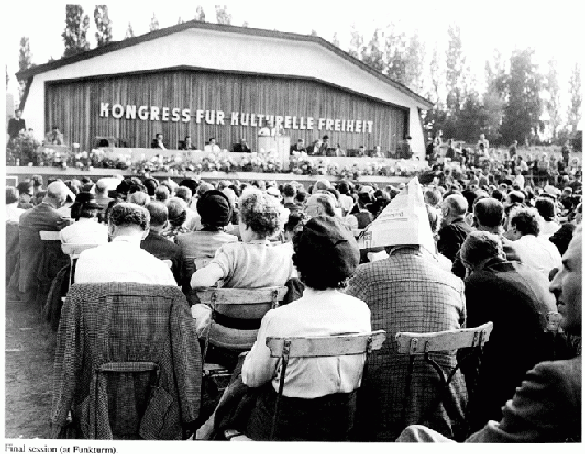
In 2022, social media companies identified a fear-reaching campaign, run by the Pentagon, to use dummy social media accounts to spread propaganda targeted at Tehran, Beijing and Moscow. The effort prompted a backlash and led to a full-scale review of these operations.
That, seemingly, hasn’t prevented the Pentagon from exploring the possible use of deepfakes.
But when researchers at the Stanford Internet Observatory and social media monitoring firm Graphika looked at the campaign, they found this astroturf social media campaign was wildly ineffective.
“The vast majority of posts and tweets we reviewed received no more than a handful of likes or retweets,” the researchers found. Fewer than one in five of the dummy social media accounts had managed to amass more than 1,000 followers, with most of the content receiving no interaction at all.
“Tellingly, the two most-followed assets in the data provided by Twitter were overt accounts that publicly declared a connection to the US military.”
The US government has certainly tried to use popular music for its own ends. And it wasn’t always forthright about its efforts – as Paul Linebarger noted in his 1948 book on psychological warfare: “The conviction of the propagandist that he is not a propagandist can be a real asset.”
In the early Cold War, the Congress on Cultural Freedom – a CIA front group – bankrolled American musicians’ tours, including jazz legends Dizzy Gillespie and Louis Armstrong, in hopes of countering Communist influence and promoting American values.
“Those who already have established credibility can be a real asset [in psychological operations],” Tracy says. “If your purposes align.”
But Gillespie and Armstrong made clear that the CIA couldn’t even control its own people: Frustrated with Jim Crow laws back in the US, Gillespie refused to attend briefings with US officials. Armstrong quit one of his tours in disgust. “The way they are treating my people in the South, the government can go to hell,” Armstrong said in 1957.
In 2020, journalist Patrick Radden Keefe investigated the possibility that the CIA had a hand in writing Wind of Change, an enormously popular song by a West German band called the Scorpions that became an anthem for independence movements in the USSR. The Scorpions deny the theory.
So there is ample history of the US government leveraging, or at least trying to leverage, celebrities and cultural icons to amplify its message. But Tracy laughs off the idea that there is a shadowy psychological operations unit inside the Pentagon managing musicians from obscurity to stardom for nefarious ends—and rigging the NFL playoffs while they’re at it.
“That’s not a thing,” he says. Organisationally, practically, logistically, the theory falls apart at every turn. Someone in the Democratic Party may well approach Swift for an endorsement and they don’t need the Pentagon’s help.
The real psyop may have been staring us in the face all along.
For years, Trump’s supporters have levied the accusation of psyop at anything that contradicts their worldview. Q, the pseudonymous leader of QAnon, cryptically asked their followers in 2017: “What is brainwashing? What is a psyop?”
Former White House adviser Steve Bannon has told listeners of his War Room podcast that by listening “you will never succumb to psychological warfare.” Kurt Olsen, a lawyer who helped Trump’s effort to overturn the 2020 election, has said that efforts to deny that the 2020 election was stolen are “all a psyop.”
Mike Benz, a former Trump official who has a history of posting racist conspiracy theories under a pseudonym, helped popularise the Swift theory. He alleges psyops are everywhere, from the Covid-19 vaccine effort to anti-disinformation programmes to climate change education campaigns. He has become a go-to voice for some Republican politicians, including Representative Jim Jordan.
In that respect, Benz has stumbled onto one of the most effective psyop tactics: Discredit everything.
Linebarger, in his book, offers a prime example of this strategy: “The dropping of a few hundred tonnes of well-counterfeited currency would tend to foul up any fiscal system.” This kind of black propaganda doesn’t seek to convince anyone of anything, but merely hopes to foment distrust of everything.
Paul says Moscow is particularly good at this kind of work. “Russian propaganda can be characterised as a war on information, this kind of nihilistic campaign to make everyone sceptical of everything.”
While influencers like Posobiec have a habit of sharing Russian disinformation, there’s no reason to think they’re being directly managed by the Kremlin. More likely, they’ve simply picked up on the same tactics.
So while Swift may well be an excellent psyop if America ever goes to war with Gen Z, it is more likely that the real psychological operation was the distrust we fomented along the way.
- A Wired report











